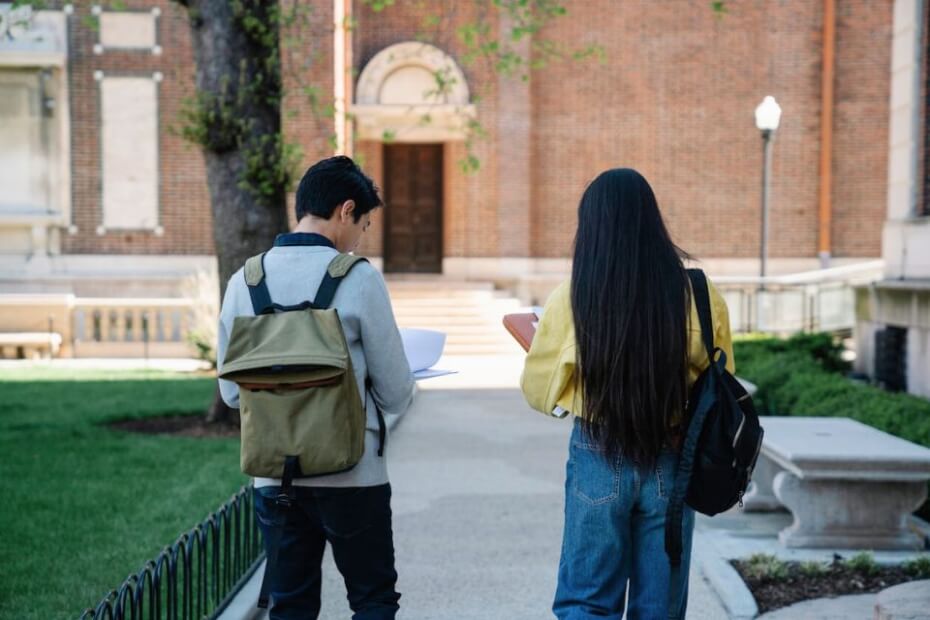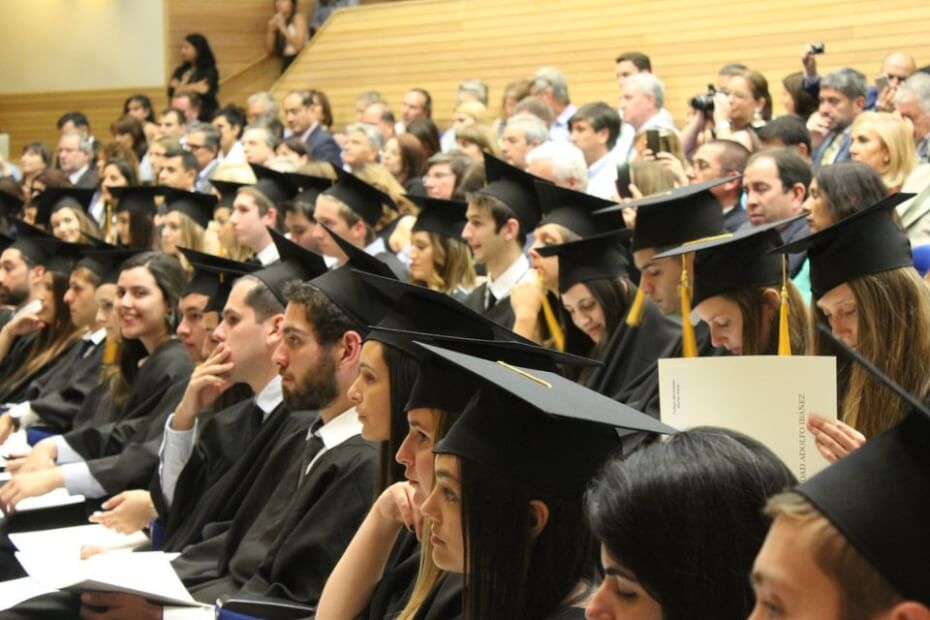
Many universities in the United Kingdom (UK) struggle as fewer international students apply for visas.
This drop in applications is causing problems for schools that rely on students from other countries.
Recent changes to immigration rules have made it harder for these students to come to the UK.
According to recent data, student visa applications have dropped 40 percent compared to last year.
In June 2023, the Home Office received 38,900 applications, but the number dropped to 28,200 this June.
This significant decrease is causing worry among UK universities, which depend heavily on the fees paid by international students, as per The Guardian.
Data from Enroly, a service that helps international students with university enrollment, shows a 41 percent decrease in deposits and acceptances by international students up to the end of July.
Postgraduate courses, especially taught master’s programs, saw a 55 percent drop, while undergraduate numbers fell by 23 percent.
Drop in visa applications’ impact on universities
The decline in international student numbers is a big problem for UK universities.
These schools rely on the money from overseas students to help run their programs and support local students.
Jeff Williams, CEO of Enroly, said university colleagues are working tirelessly to attract international students.
“However, the intake appears to be catching up month-to-month from a very slow start,” he added. ‘
Universities have relied on income from international student fees due to the inability to raise tuition rates for domestic students for eight years.
Mark Corver, head of DataHE, a higher education consultancy, added it has “caused a huge financial distortion.”
It has also pushed universities to “raise income by other means,” such as encouraging more local students to enroll and offset their losses.
From a non-financial perspective, fewer international students also mean less diversity and fewer cultural experiences for everyone on campus.
These students bring new ideas and perspectives, making learning more interesting.
With fewer students from other countries, UK universities might struggle to maintain their reputation as top global education providers.
New student visa application rules

New student visa rules have made it difficult for universities to encourage international students to apply.
Beginning in January, international students could not bring their families to the UK.
They are also not allowed to switch to work visas until they have finished their course.
More stricter student visa rules are underway, as the government announced it would regulate recruiters of overseas students.
It also planned to crack down on “rogue” recruiters who mis-sell UK education and exploit the students in the process.
Additionally, it will introduce higher compliance standards for both overseas students and recruiters.
Recruitment agencies may lose their licenses if the students they recruit fail UK visa checks or do not enroll or finish their courses.
Students must meet increased financial maintenance requirements and possibly tougher English language assessments.
The government will also limit remote learning, so most international students primarily take in-person classes.
Declining visa applications in other key routes
Recent data from the UK Home Office reveals a significant decrease in three key visa application routes.
The UK issued fewer visas for skilled workers, students, and health and care workers in the first half of this year.
The number dropped from about 398,000 to 262,000, a 34 percent decrease from the same time last year.
The change was even more significant in June, with 48 percent fewer visa applications than in June last year.
The number of dependants fell by 36.1 percent in the first six months of this year, from 179,700 to 114,900.
The latest Home Office data suggests that immigration will drop by 300,000 due to new policies implemented earlier this year.
In addition to the ban on student visa holders bringing dependants, Health and Care visa applicants are also not allowed to bring family to the UK.
Skilled worker applicants must also meet a higher yearly salary threshold from £26,200 to £38,700.
The number of jobs that qualify for the shortage occupation visa schemes has also been cut down.
This change stops employers from paying foreign workers less than UK workers for these in-demand jobs.
UK net migration was 85,000 in the year up to December 2023. This is lower than the all-time high of 764,000 the year before.
Moving forward

Former Prime Minister Rishi Sunak introduced the new policies that resulted in declining applications in key routes.
During the election campaign, he pledged to further reduce immigration by introducing an annual cap on Skilled Worker visas.
New UK Prime Minister Sir Keir Starmer has also pledged to reduce net migration but has not yet provided a figure.
The new Labour government plans to introduce policies to help the UK rely less on workers from other countries.
Instead, it has also promised to focus on training and hiring more workers from within the UK.
Starmer’s government will likely keep the new immigration rules set by Sunak’s Conservatives.
However, some Labour members want to make these rules less strict.
Universities hope for changes to make it easier for international students to come to the UK.

